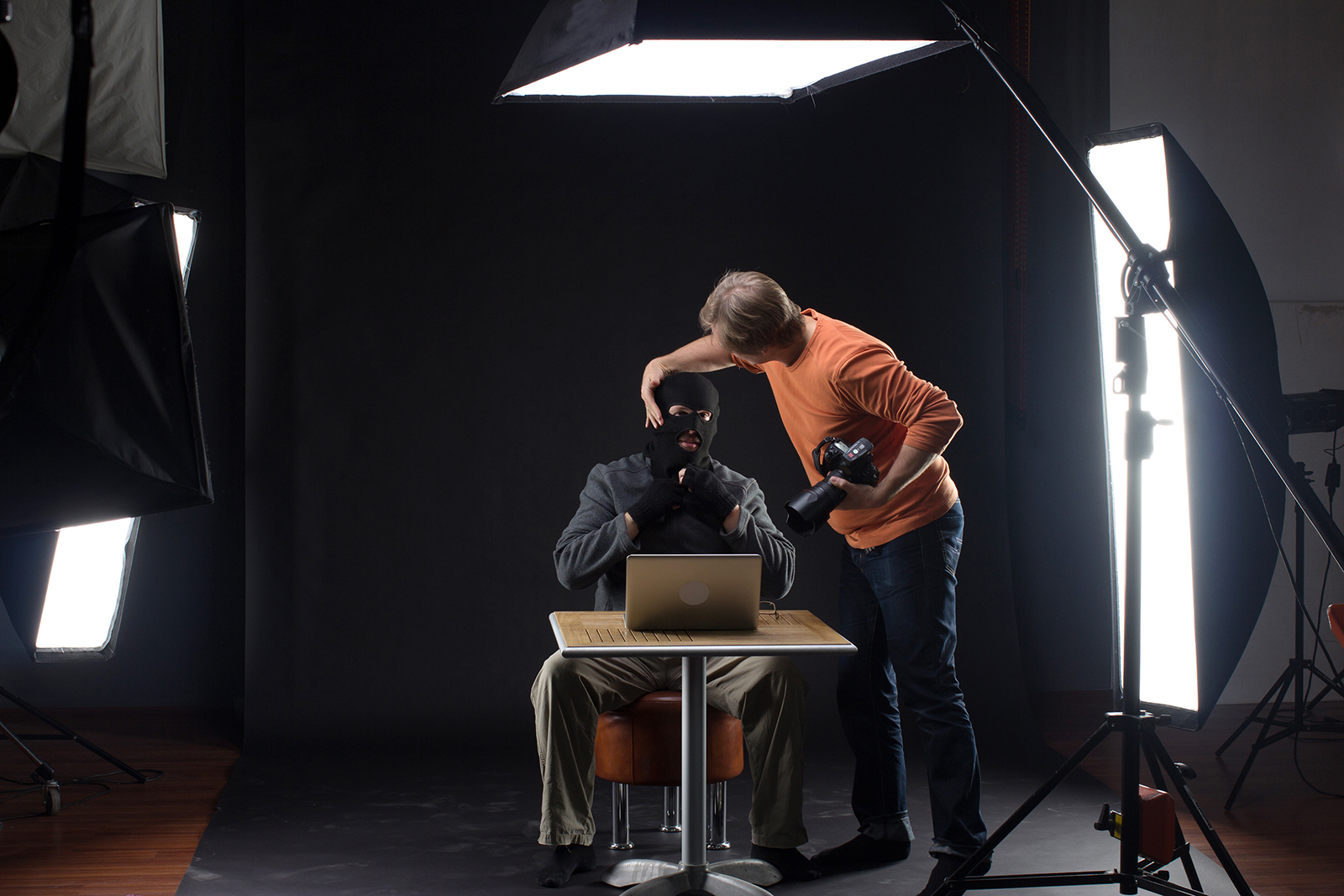Part 1: News-Gathering Torts Against Documentary Filmmakers & News Media
It is not uncommon for subjects of documentary films or news broadcasts to sue based upon claims sounding in contract or promissory estoppel (i.e. a reporter or filmmaker “promised” he or she would conceal the interviewer’s identity or produce a documentary showing them in a favorable light), or, for wrongful or intentional harms, known as torts (i.e. a reporter or filmmaker fraudulently concealed that they were a reporter, or concealed that they were making a documentary, or edited a movie in a way to intentionally cause the plaintiff emotional distress). This ongoing series takes a look at some of the ways filmmakers can find themselves in legal hot water, starting with secret informants and anonymous interviewees.
But the First Amendment Protects Me, Right?
The First Amendment to the United States Constitution protects freedom of the press. This amendment is generally understood to prevent the government from interfering with the distribution of information and opinions. Nevertheless, it is imperative for documentary filmmakers and news broadcasters to keep in mind that freedom of the press is still subject to certain legal restrictions, and heavily relying on freedom of the press can, in certain scenarios, make your production vulnerable to defamation and contract violation claims.
A long time ago, in a land far away (ok, Minnesota), a Republican associated with the gubernatorial candidate provided inculpatory information on the Democratic challenger to a local reporter in exchange that his identity as the source would not be revealed. The reporter agreed, and then immediately published his name as the source. He lost his job, and then sued the reporter and media company. The U.S. Supreme Court held that the First Amendment freedom of the press does not exempt journalists from generally applicable laws. Cohen v. Cowles Media Co., 501 U.S. 663 (1991).
Essentially, because the reporter violated a state law (promissory estoppel, the “promise” to keep his identity a secret in exchange for information), any restriction on reporting was incidental, and constitutionally insignificant under the First Amendment. Plain and simple, the reporter entered into an agreement in exchange for information, and broke that agreement when he revealed his source. He could not then hide behind the First Amendment. The jury’s original verdict of $200,000 was reinstated, as the First Amendment is not a bar to the recovery of damages.
[aesop_quote type=”block” background=”#282828″ text=”#ffffff” align=”center” size=”1″ quote=”EIL5: The law of promissory estoppel simply requires those making promises to keep them. The reporter entered into a voluntary relationship with the plaintiff, voluntarily assumed a legal duty, and thus had arguably waived any First Amendment defense it might otherwise have been able to assert.” parallax=”off” direction=”left” revealfx=”inplace”]
What if the filmmaker or reporter didn’t INTEND to reveal the informer’s identity, but it was clearly revealed anyway?
For promissory estoppel claims (“broken promises”), the filmmakers’s intention doesn’t matter as much as whether the filmmaker kept his/her promise or not. Cohen, the Plaintiff in the case above, wasn’t seeking damages based upon injury to his reputation or for emotional distress, but rather for breach of a promise that had caused him to lose his job and diminished his earning capacity (a state-based promissory estoppel claim). So whether intentional or not, the mere fact that a promise was broken the moment the informant’s identity was revealed would be enough to cause the filmmaker or reporter liable for damages.
P.S. – Merely pixelating over someone’s face to hide their identity may not be enough to escape liability for promissory estoppel damages if the informant’s identity could be easily determined, but I have yet to see anyone assert this type of claim in U.S. courts.




